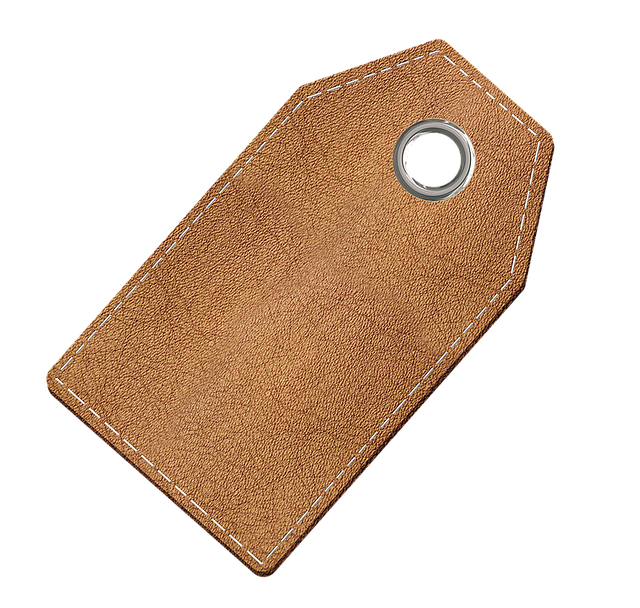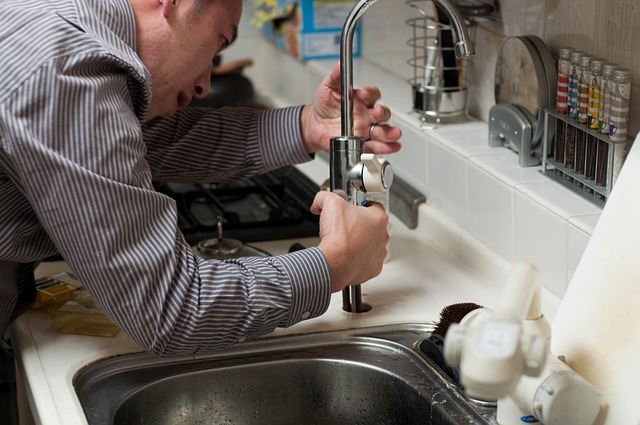Understanding skin tag removal processes is vital when choosing a professional skin tag removal service. Qualified specialists assess tags' number, size, and location, offering personalized treatments like surgical excision, cryotherapy, or laser therapy. Multiple sessions may be needed for optimal results. Factors like size, type, and skin condition determine the required number of sessions. Professional services ensure safety, effectiveness, and faster results than DIY methods. Consulting a reputable clinic for expert advice is crucial to achieving minimal scarring and long-lasting removal.
Looking to get rid of annoying skin tags once and for all? Understanding the process, factors affecting treatment, and available options is crucial. This comprehensive guide delves into the world of skin tag removal, covering everything from the average number of sessions needed for effective results to the benefits of professional vs. at-home treatments. Learn considerations for long-term success and when it’s time to consult a professional skin tag removal service.
- Understanding Skin Tag Removal Process
- Factors Influencing Treatment Sessions
- Average Number of Sessions for Effective Removal
- Professional vs. At-Home Treatment Approaches
- Considerations for Successful Long-Term Results
- When to Seek Expert Consultation for Skin Tags
Understanding Skin Tag Removal Process

Understanding the Skin Tag Removal Process is key to knowing what to expect when seeking a professional service. This process involves careful examination by a qualified specialist who will assess the number, size, and location of skin tags. Each case is unique, and the treatment plan tailored accordingly. The most common methods include surgical excision, cryotherapy (freezing), or laser treatments, with each having its pros and cons.
When considering a professional skin tag removal service, such as those offered at Maidstone Skin Tag Clinic or Private Skin Tag Removal Blackburn, it’s important to be aware that multiple sessions might be required for optimal results. This is because skin tags can be stubborn and may require repeated treatments to ensure complete removal, especially in areas with dense concentrations of tags. Skin tag removal: myths vs. reality often revolves around the number of sessions needed, so understanding this process beforehand can dispel misconceptions and set realistic expectations.
Factors Influencing Treatment Sessions

The number of sessions required for effective skin tag removal can vary greatly depending on several factors. One of the primary influences is the size, location, and overall number of skin tags a person has. Larger or more extensive areas of skin tags may need repeated treatments to ensure complete removal. A professional skin tag removal service will assess each client’s unique situation to determine the best course of action.
Another crucial factor is individual skin composition and healing abilities. Some people’s skin may respond faster and more positively to the removal process, necessitating fewer sessions. Conversely, those with sensitive skin or slower healing rates might need additional time between treatments. The private skin tag removal Guildford specialists often recommend, can provide guidance on where to find affordable professional services and share top tips for post-removal skin care to enhance recovery.
Average Number of Sessions for Effective Removal

On average, it takes two to four sessions of professional skin tag removal service for complete and effective elimination. The exact number depends on several factors, including the size, type, and overall health of the individual’s skin tags, as well as their overall skin condition. For stubborn cases, a more extensive treatment plan might be required, with sessions spaced a few weeks apart to allow for optimal results.
Many people seek professional services at locations such as a Colchester skin tag clinic or Maidstone private skin tag removal centre to ensure safe and effective removal. These experts use advanced techniques and tools tailored to each patient’s needs, offering a more precise and comfortable experience compared to DIY methods. Each session aims to reduce the number of visible tags until they are all gone, leaving smoother, healthier-looking skin.
Professional vs. At-Home Treatment Approaches

When considering skin tag removal, a key decision involves choosing between professional and at-home treatment approaches. Professional services, such as those offered by Bolton Skin Clinic or St Helens Private Skin Tag Removal clinic, provide a range of advanced techniques including cryotherapy, surgery, and laser treatments. These methods are typically more effective and can eliminate tags in fewer sessions than at-home remedies. Professionals also offer the advantage of expert advice and sterile environments, reducing risks associated with unsanitary home tools or incorrect application of over-the-counter products.
While at-home skin tag removal kits may be cheaper and accessible, they usually require more frequent applications and can lead to longer-term tagging due to incomplete or incorrect treatment. For best results, especially with larger or stubborn tags, many experts recommend consulting a professional service. Locations like Colchester offer specialized treatments tailored to individual needs, ensuring faster and more permanent solutions for skin tag removal.
Considerations for Successful Long-Term Results

For optimal results and long-term success in skin tag removal, several considerations come into play. It’s essential to understand that each individual’s skin is unique, and the number of sessions required may vary significantly. A professional skin tag removal service will assess your specific case, taking into account factors like the number, size, and location of the tags, as well as your overall skin health. Many minor skin tags can be removed in one session, while more extensive or stubborn cases might need multiple appointments spaced several weeks apart.
Seeking expert advice on skin tag care is invaluable. Skilled professionals can offer tailored guidance based on their experience, ensuring safe and effective removal. They can also recommend appropriate aftercare to prevent regrowth and help maintain healthy skin. Remember, when considering a professional skin tag removal service, factors like cost and accessibility should not deter you from achieving the best possible outcomes. You can find affordable options by researching local clinics or exploring at-home kits recommended by experts, ensuring you receive expert care without breaking the bank.
When to Seek Expert Consultation for Skin Tags

If you have concerns about skin tags or notice any unusual growths on your skin, it’s time to consider seeking expert advice. While some skin tags may be harmless and go away on their own, others could indicate underlying health issues. Visiting a professional skin tag removal service, such as Salford Skin Tag Clinic or Newark-on-Trent Skin Tag Clinic, is an excellent step towards understanding and addressing your skin concerns effectively.
The right consultation will involve a thorough examination of the affected areas and a discussion about your medical history. Skilled dermatologists or qualified professionals at these clinics can provide valuable insights into whether the skin tags require removal and recommend the most suitable method, like laser therapy or surgical excision. Choosing the right skin tag removal method is essential to ensure minimal scarring and optimal results.
The number of sessions required for effective skin tag removal varies based on factors like skin type, size and location of tags, and individual response to treatment. While at-home methods offer convenience, a professional skin tag removal service provides superior results with specialized techniques and expert guidance. Regular follow-ups are crucial for achieving long-term success and addressing any new skin tags that may appear. Consulting a dermatology specialist ensures personalized care and helps determine the optimal number of sessions needed for complete and safe removal.
